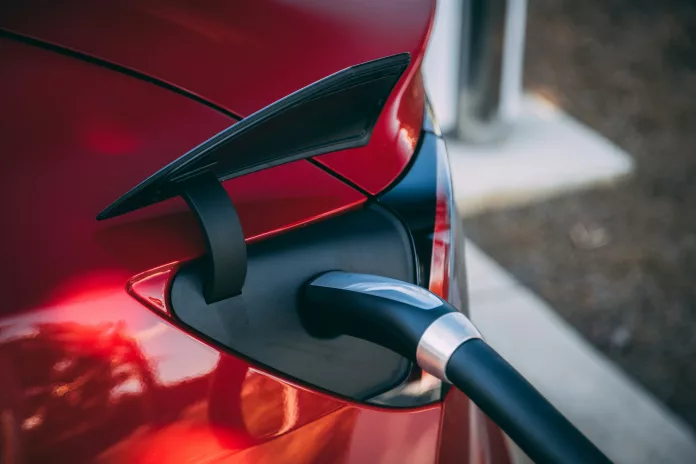For those new to electric vehicles (EVs), the fear of running out of power—often referred to as range anxiety—can dampen the excitement of transitioning to a more sustainable mode of transport. While advancements are underway to introduce groundbreaking solid-state EV batteries to dispel such worries, current EV owners still confront this challenge. Recent findings, however, suggest that this anxiety can be mitigated with smarter charging habits and adjustments to user behavior.
The Key to Overcoming Range Anxiety
Tackling EV range anxiety lies in understanding the different approaches to recharging compared to refueling a traditional vehicle. A study from Chalmers University of Technology and the University of Delaware reveals that adopting an event-triggered charging routine is vital. This model, unique to the electric vehicle experience, involves integrating charging with daily activities, such as plugging in at workplace charging stations or having a charge routine at home. Professor Frances Sprei of Chalmers University emphasizes the ease of overnight charging, as the process gets streamlined into one’s daily routine without much thought, effectively reducing anxiety.
Drivers who embrace an event-triggered strategy find that it not only alleviates worries but also changes the perception of the charging process being too slow. This outlook showcases the importance of alignment between EV charging practices and everyday life.
Navigating Through Less Predictable Journeys
While the event-triggered model proves effective for daily use, the study acknowledges the challenges posed by less routine trips. Anticipating the need for power during long-distance travel or erratic work schedules necessitates pre-planning and often relies on the availability of public charging stations. The research suggests that while planning requires foresight, it should not lead to stress if managed correctly.
Conversely, a wait-until-low strategy—where drivers seek a charger only when their battery is almost depleted—mirrors the ‘fuel gauge watching’ habit from the era of petrol cars, and is most likely to induce anxiety. New EV users often fall back on their old refueling mental models, which are not congruous with the realities of EV charging. The study highlights the importance of shedding these outdated behaviors to embrace new, EV-centric strategies.
Enhancing the Strategy for EV Charging Infrastructure
When assessing public EV charging infrastructure, strategic placement intersects with wider sustainability goals. Rather than focusing solely on individual vehicles, the study prompts us to consider a holistic approach to decarbonizing transportation, one that includes cyclists, pedestrians, and mass transit systems. Professor Sprei advocates for policies that support access to charging facilities at homes or workplaces, promoting event-triggered charging practices.
Broader Solutions to Address EV Range Anxiety
The United States is prioritizing the expansion of fast-charging networks as a means to alleviate range anxiety. However, the study encourages a comprehensive approach that exceeds just quick charging access. Encouraging the implementation of more slow-charging stations aligns with an event-triggered charging mindset, underlining the importance of tailoring infrastructure to behavioral patterns.
Experience shows that EV drivers often charge their vehicles during times that align with their schedules and benefit the electric grid’s stability. Understanding and utilizing these natural behavioral patterns could lead to more efficient grid planning and help accelerate EV adoption.
Pushing Forward in the EV Revolution
Change, inevitably, brings resistance. The study notes that transitioning from old to new technologies often stumbles upon the barrier of outdated mental models. Confronting these barriers through targeted information campaigns and educational interventions is crucial for faster and more inclusive adoption of electric technology. Moreover, reducing the costs of electric vehicles would accelerate this transition, with anticipation brewing around various affordable EV projects, such as Ford‘s ‘skunkworks’ initiative.
Ultimately, by rethinking EV charging strategies and infrastructure, coupled with embracing new routines tailored to electric mobility, the future for electric vehicles looks promising as anxieties wane and adoption spreads.


























